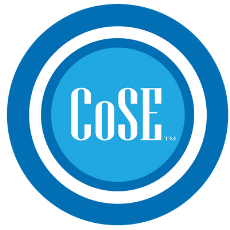Erasmus+ Transnational Project D.R.E.A.M.LAND
Project website; D.R.E.A.M. LAND – Developing Routes of Europe’s future through non-formal learning with Active youth Members (dreamland-project.eu)
The D.R.E.A.M.LAND initiative is dedicated to providing European youth with opportunities for meaningful discussions, facilitating their involvement in shaping their own futures. Recognizing the pivotal role of young individuals in political and civil spheres, the project aims to contribute to the ambitious goal of achieving a Carbon Neutral Europe by 2050.
Ensuring the long-term success of this objective involves raising awareness among young people about political literacy, decision-making processes, and effective participation in decision-making mechanisms.
The promotion of solidarity and inclusiveness within the youth community will be fostered through various means, including youth mobility, online training, and strategic communication tools. Additionally, by enhancing the political literacy of young individuals, the project actively supports the realization of the “Connecting EU with Youth,” marking a significant milestone in the European Union’s pursuit of its European Youth Goals.
Kick-Off Meeting in Helsinki
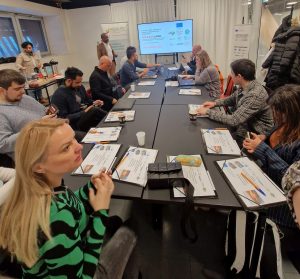
Kick-off Meeting with partners
The first part of the project was determine the planning, strategies and ways of implementation with the 7 other international partners involved; Turkey, Sweden, Finland, Slovenia, Italy, North-Macedonia, and France. This first meeting was done in Helsinki, Finland were we discussed each Workpackage in order to divide the tasks, milestones and deadlines; Each partner is either a coordinator or beneficiary of specific workpackages, a work package means a major sub-division of the project.
For each work package, there are specified objectives (expected outcome), list of activities, milestones and deliverables that belong to the project. The grouping is made logical according to experience and guided by identifiable deliverables/outputs. To engage more young people it is vital to understand what they lack in order to enhance their participation in civic society and thereby the European Union’s decision-making process. By doing research in our own communities we are able to find out more.
Online Survey, Creating Content and Training for Youth
In order to make sure the project is implemented effectively, we started by creating a survey for young people to fill in the opinion on political literacy and engagement. A total of +100 young people from 8 counties Turkey, Belgium, Sweden, Slovenia, Finland, Italy, North Macedonia and France debated about engaging youth in decision-making and democratic processes in EU and EU candidate countries. Various experts were sharing their insights during the online training in order to make sure young people get involved in the European Union’s programmes and initatives. We delved into topics such as; what does the European Union stands for? How does it implement policies? What is the European Comission doing? This was very helpful for the participants, as they raised their quesitions as well. In order to make sure this information is being questioned and researched, we create several blogs on our website about this topic for young people to understand this.
The following blogs regarding the project have been written;
- Tips & Tricks; a Career in Sustainability – Circle of Sustainable Europe (cose-eu.org)
- Unlocking the Power of Youth Participation – Circle of Sustainable Europe (cose-eu.org)
- Workshops in Universities; Youth Leadership for Sustainability – Circle of Sustainable Europe (cose-eu.org)
- The Potential of Non-Formal Education in Europe: Opening Doors and Fostering Development. – Circle of Sustainable Europe (cose-eu.org)
- European Action in Youth Field – Circle of Sustainable Europe (cose-eu.org)
- Equal Education for All – Circle of Sustainable Europe (cose-eu.org)
- Together for a Sustainable Europe: A Campaign Roadmap – Circle of Sustainable Europe (cose-eu.org)
- Enhancing Digital Skills – Circle of Sustainable Europe (cose-eu.org)
- Digital Competence Framework For Citizens – Circle of Sustainable Europe (cose-eu.org)
United Nations Climate Conference COP28, Dubai
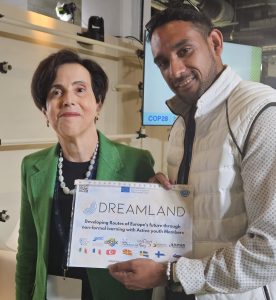
Diana Acconcia – Director of International Affairs and Climate Finance at COP28
This transnational project D.R.E.A.M.LAND was also promoted in Dubai during the United Nations Climate Conference. For many young people the UN Climate Conference is a kind of mystery, hence we wanted to change that narrative and spread on what has been discussed during this global conference, basically, also the centre stage of the international decision-making on the topic of Climate Change. As the global community converges, the stage was set for critical discussions and collaborative efforts aimed at addressing the pressing challenges of climate change. Held in the vibrant city known for its innovation and resilience, COP28 promises to be a pivotal moment in the ongoing commitment to a sustainable future.
COP28 places a significant emphasis on engaging the youth in climate action. Youth-led initiatives, projects, and voices are being highlighted, recognizing the vital role that young people play in steering the world towards a sustainable and equitable future, our project was a part of that as one of these examples. As customary in COP conferences, policy discussions and negotiations are at the forefront. Delegates are working towards crafting agreements that can drive meaningful change at both national and international levels. The outcomes of these discussions have the potential to shape the trajectory of global efforts to achieve climate goals.
Video Interviews from Belgium youth
In the fast-paced world of today, where information travels at the speed of a click, harnessing the potential of social media is paramount. D.R.E.A.M.LAND, in its pursuit of empowering European youth and shaping a sustainable future, recognizes the need for strategic digital marketing. Central to this strategy is the creation of virtual and written content. An innovative approach follows the completion. In the video interview, we delved into the intricacies of the D.R.E.A.M.LAND project, focusing on its core objectives and the impact it aims to make on European youth. The discussion began by highlighting the significance of providing opportunities for young individuals to engage in meaningful conversations that play a pivotal role in shaping their future. The video can be watched here; Video Interviews | Project D.R.E.A.M.LAND – YouTube
Workshop & Infosession at the European Parliament
On Friday 16th of February 2024 we are organizing a conference about ‘Europe’s Future Through Non-formal Learning‘ as a method to engage more youth to enhance their political literacy in preperation on the European Elections in June 2024. The following topics will be shared during this conference;
- In-Depth Discussions on Non-Formal Learning: Understand how non-formal learning methodologies can significantly contribute to your political awareness and policymaking skills.
- Political Literacy and Policymaking: Basic understanding of political literacy, discovering how it influences and shapes policymaking at local levels.
- Networking and Collaborative Learning: Engage with experts, policymakers, and peers, exchanging ideas and experiences that enrich your understanding of the political landscape.
- Small Group Collaborations: During the workshop session you will be divided into several groups to draft within a basic policy framework.
- Tailored Learning Experience: The content and discussions are carefully designed to align with the unique political and social challenges and opportunities we face today.
- Empowerment and Active Citizenship: To equip you with the skills and knowledge for active civic engagement and, therefore, effective participation in political discourse towards the European Parliamentary Elections this year.
- Transnational Erasmus Project D.R.E.A.M.LAND: Information about our upcoming Parliamentary Simulation in Ankara, Türkiye, whereby we will be choosing a selected few Belgian participants to join us for this international exchange programme.
This EU-certified conference and workshop from Circle of Sustainable Europe (CoSE) in close collaboration with the European Parliament Info Hub are educational, entertaining and empowering to give you the tools to be an informed, engaged and active participant in political and civic participation and thereby trying to make a difference in your local community.
To register and for more information, please follow this link; Europe’s future through non-formal learning (europa.eu)
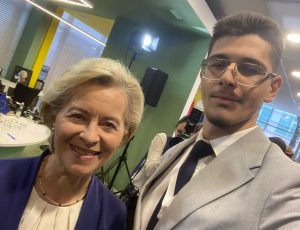
The 13th president of the European Commission since 2019 – Ursula von der Leyen by our Content Creator; Jonas Kepi
